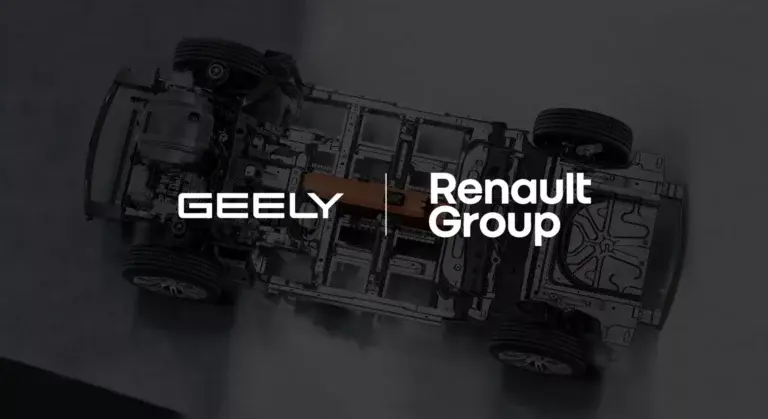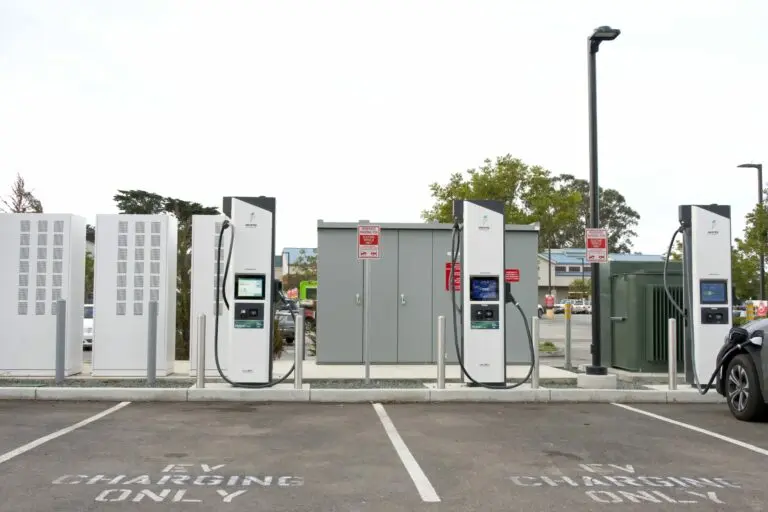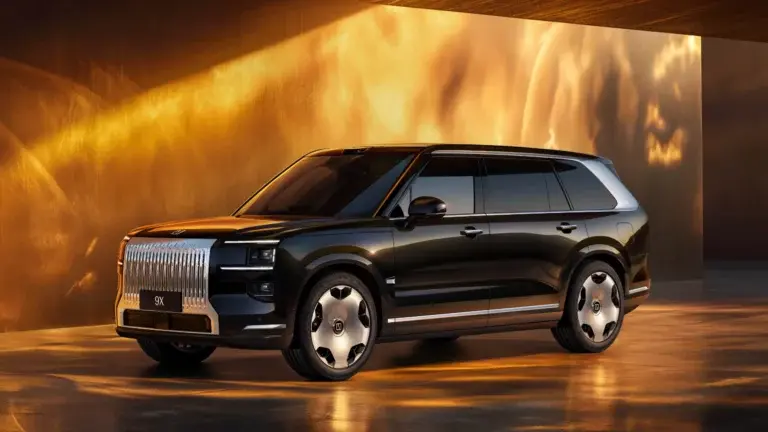American carmaker Ford is transforming its Louisville plant to launch affordable, high-performance electric vehicles. The aim of this strategy is to strengthen its position in the face of global competition.
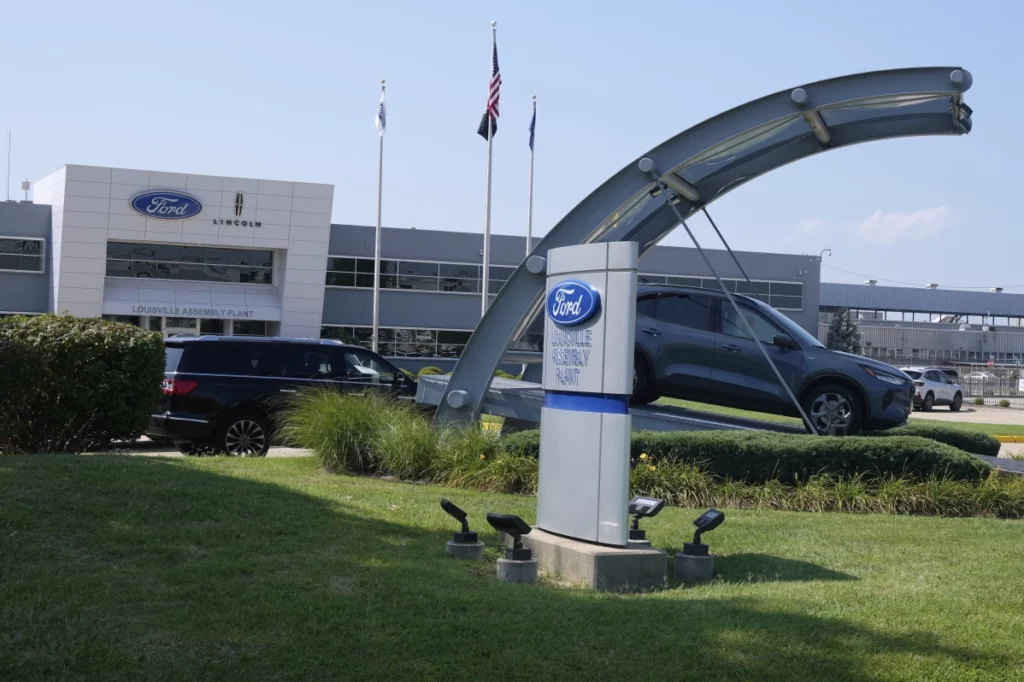
A historic transformation for the Louisville plant
After 70 years of producing petrol cars, the plant will be converted to produce electric vehicles. CEO Jim Farley has described the project as a « Model T moment » for the company. According to him, this transformation will change the way vehicles are designed and built in the United States.
The electric pick-up will be the star of the new range
The first vehicle to be produced will be a four-door mid-size pick-up, scheduled for 2027. It will offer enough space for five adults and performance close to that of an EcoBoost Mustang. Cheaper batteries will be sourced from Ford’s Michigan plant, reducing costs.
Faster, cheaper production
The new universal platform will enable several models to be produced from a single base. Ford is announcing 20% fewer parts, 25% fewer fasteners and 40% fewer workstations. The plant will adopt an ‘assembly tree’ with three simultaneous lines, replacing the traditional long conveyor. This will cut assembly time by 15%, while maintaining quality and performance.
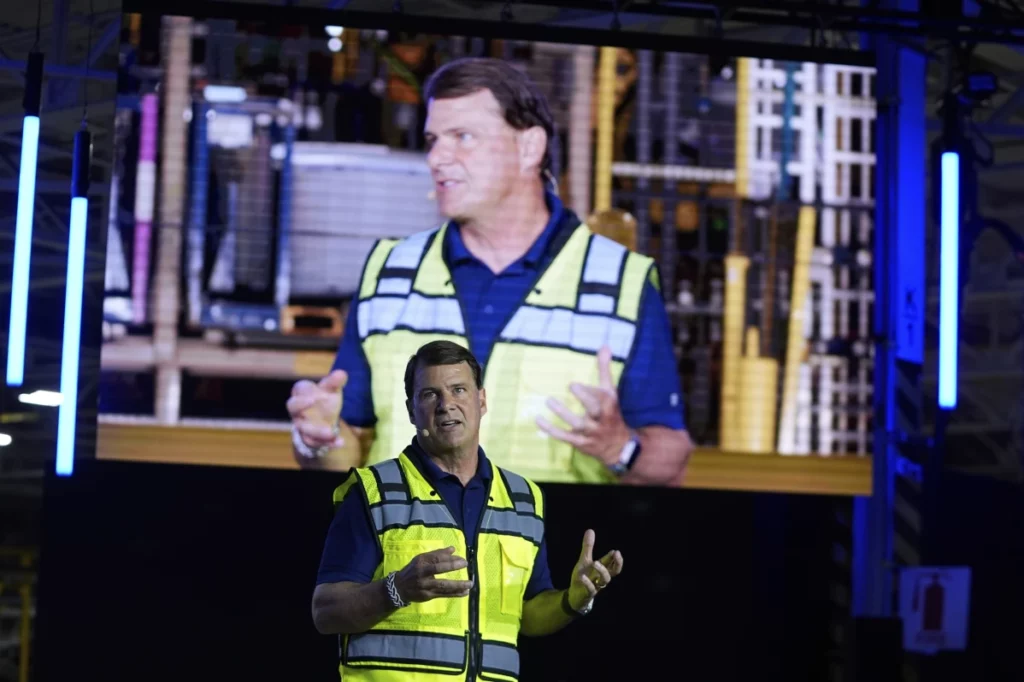
Massive investment to secure jobs
The $2 billion investment will guarantee 2,200 hourly jobs in Louisville. Combined with the Michigan battery plant, Ford anticipates nearly 4,000 direct jobs and many indirect jobs. Kentucky Governor Andy Beshear hailed the project as a reinforcement of the 100-year partnership with Ford.
Ford faces international competition
Chinese manufacturers are expanding rapidly with affordable electric vehicles. However, Farley says Ford is focused on a profitable and sustainable business, not volume. In his view, the new pick-up will offer a better solution than what is available in China.
A risky but strategic ambition
The CEO acknowledges that the project involves risks, recalling past failures in the sector. However, Ford wants to break the cycle of losses and create affordable vehicles that are popular in the United States. The company is counting on innovation and the modernisation of its production lines to guarantee competitiveness and profitability.
Ford is banking on the standardisation of platforms to produce several electric models on a large scale. Reducing the number of parts and optimising assembly lines will help to cut costs. In this way, the brand hopes to offer a vehicle that is affordable, profitable and competitive with international models.



